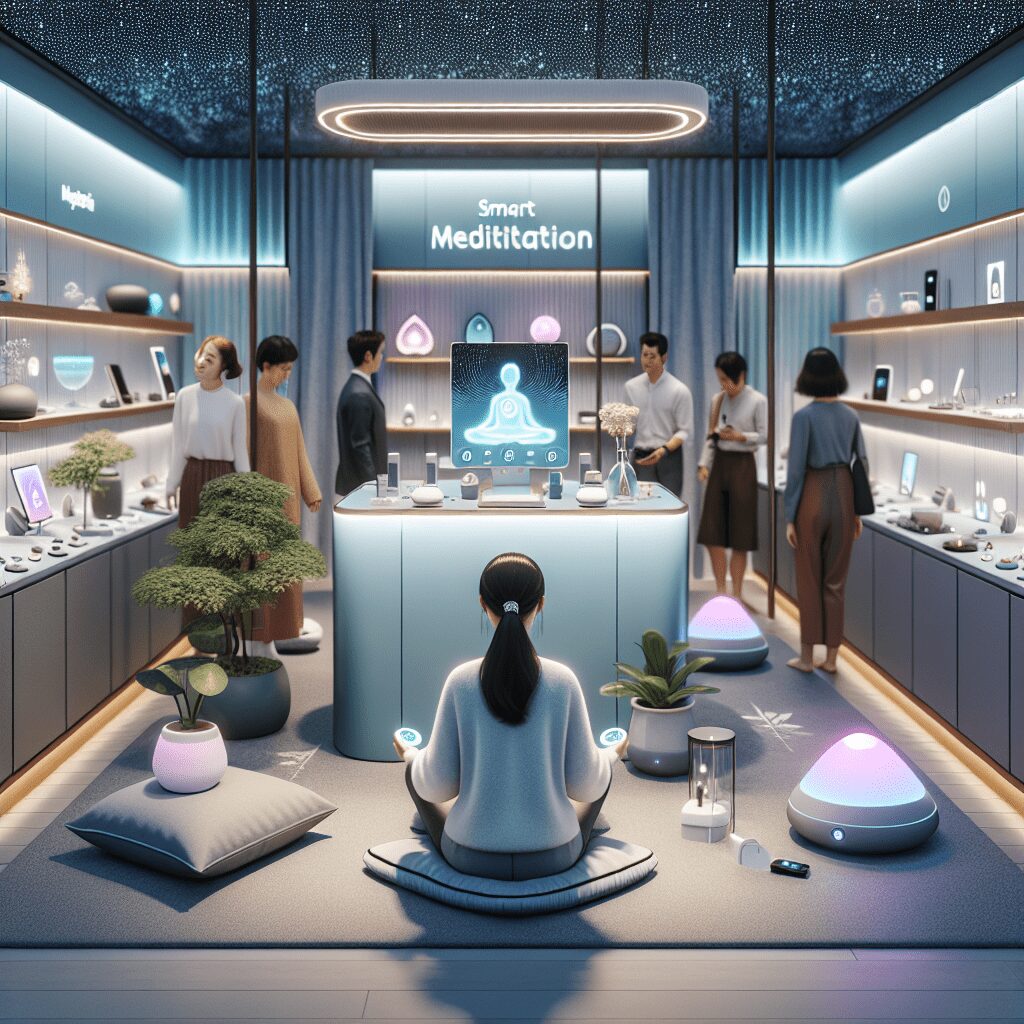
Prioritize your mental well-being daily. Enhance your life by nurturing your mental health with the Smart Meditation app. Break free from stress, alleviate anxiety, and enhance your sleep quality starting today.
Is Fatigue A Symptom Of Anxiety?
Unraveling the Mystery: Is Fatigue Tied to Anxiety?
Treading the tightrope of daily responsibilities, personal challenges, and the never-ending barrage of information, it’s no surprise that our minds and bodies sometimes wave the white flag, signaling a timeout. Amid this whirlwind, fatigue often creeps in, a subtle thief of energy. But, is there more to this unwelcome guest? Could its persistent presence be a harbinger of anxiety? Let’s dive into the enigmatic connection between fatigue and anxiety, unraveling the threads of this intricate relationship.
Understanding the Link: Fatigue and Anxiety Unwrapped
At first glance, fatigue and anxiety seem as different as chalk and cheese. One slows you down, while the other sets your thoughts racing. However, delve a bit deeper, and you’ll find they’re more intertwined than one might think.
-
The Biochemical Tango: Anxiety doesn’t just exist in the realm of thoughts and fears. It has a very physical component, too. When anxiety kicks in, your body goes into overdrive, flooding your system with stress hormones like adrenaline and cortisol. This is your primal fight or flight response kicking in. However, what’s meant for short-term survival responses can become harmful over long periods. Essentially, these hormones can leave you emotionally and physically drained—cue, fatigue.
-
The Vicious Cycle: Ever caught in a loop of worry that keeps you up at night? That’s anxiety, stealing your zzz’s and replacing them with exhausting thoughts. Lack of sleep doesn’t just make you groggy; it exacerbates the anxiety, creating a feedback loop. You’re anxious because you’re tired, and you’re tired because you’re anxious.
-
The Emotional Weigh-In: Battling anxiety isn’t just a mental struggle; it’s an emotional one, too. The constant state of high alert and the strain of dealing with anxiety can be downright exhausting. It’s like running a marathon with your emotions. Eventually, you’re going to hit a wall—that’s your fatigue setting in, heavy and demanding.
Breaking Free: Strategies to Combat Fatigue from Anxiety
So, what’s one to do when caught in the web of anxiety-related fatigue? Here’s how to fight back:
-
Catch Those Z’s: Prioritize sleep like it’s your job. Easier said than done, right? Consider creating a pre-sleep ritual that calms the mind. Whether it’s meditation, reading, or a warm bath, find what soothes you into slumberland.
-
Move It to Lose It: Exercise might be the last thing on your mind when you’re exhausted, but it’s a proven mood booster. You don’t have to run a marathon. A brisk walk or a dance session in your living room can work wonders.
-
Fuel Your Body Right: What you put in your body can have a profound effect on your energy levels. Opt for whole foods and keep hydrated to maintain your energy reserves.
-
Seek the Experts: Sometimes, we need a helping hand. Don’t shy away from seeking professional help. Therapists can offer coping strategies, and sometimes, medication might be necessary.
The thread connecting fatigue to anxiety is complex, woven with both physical and emotional strands. Recognizing this link is the first step towards managing its impact. By addressing our anxiety, we can reclaim our energy and step back into the light, leaving the shadows of fatigue behind. Remember, it’s not just about surviving the day; it’s about thriving through it.





